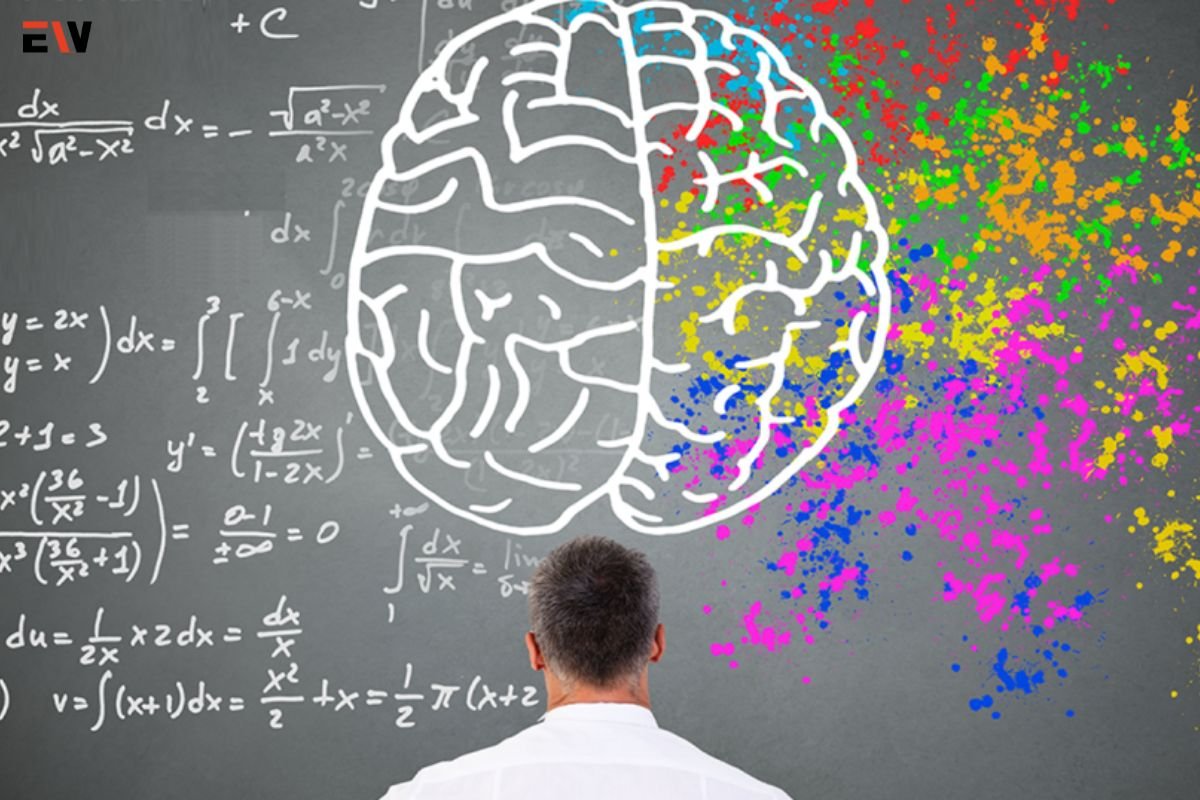Source – Panorama Education
In the landscape of education, fostering academic success is only part of the equation. Social and Emotional Learning (SEL) has emerged as a vital component in nurturing well-rounded individuals equipped with the skills and resilience needed to navigate life’s challenges. In this comprehensive guide, we’ll explore the significance of social and emotional learning, delve into its core competencies, and highlight its transformative impact on student development and overall well-being.
Understanding Social and Emotional Learning (SEL)
Social and Emotional Learning (SEL) is a process through which individuals acquire and apply the knowledge, attitudes, and skills necessary to understand and manage emotions, set and achieve positive goals, demonstrate empathy for others, establish and maintain healthy relationships, and make responsible decisions. SEL is not only crucial for academic success but also for fostering positive behaviors, attitudes, and relationships that contribute to overall well-being.
Core Competencies of Social and Emotional Learning
1. Self-Awareness:

Self-awareness involves recognizing one’s own emotions, thoughts, and values, as well as understanding how they influence behavior and decisions. Students who develop self-awareness are better equipped to regulate their emotions, set realistic goals, and make informed choices aligned with their values and aspirations.
2. Self-Management:
Self-management refers to the ability to regulate emotions, thoughts, and behaviors effectively in different situations. Students with strong self-management skills can control impulses, manage stress, and adapt to changing circumstances, leading to greater resilience and overall well-being.
3. Social Awareness:
Social awareness involves understanding and empathizing with others’ perspectives, feelings, and experiences. Students who develop social awareness demonstrate empathy, respect diversity, and appreciate the importance of collaboration and cooperation in building positive relationships and communities.
4. Relationship Skills:
Relationship skills encompass the ability to establish and maintain healthy and rewarding relationships with diverse individuals and groups. Students with strong relationship skills can communicate effectively, resolve conflicts constructively, and work collaboratively toward common goals, fostering positive connections and a sense of belonging.
5. Responsible Decision-Making:
Responsible decision-making involves considering ethical, social, and emotional factors when making choices and solving problems. Students who develop responsible decision-making skills can analyze situations, evaluate consequences, and make ethical and constructive decisions that contribute to their well-being and the well-being of others.
Transformative Impact of Social and Emotional Learning
1. Academic Success:
Research has shown that students who participate in SEL programs demonstrate improved academic performance, including higher grades, standardized test scores, and graduation rates. By developing social and emotional competencies, students are better equipped to focus on learning, engage in positive behaviors, and persevere through academic challenges.
2. Positive Behavior and Well-Being:

SEL programs promote positive behaviors such as kindness, empathy, cooperation, and respect, creating a positive school climate and reducing instances of bullying, aggression, and disciplinary problems. Students who participate in SEL initiatives report higher levels of well-being, self-esteem, and life satisfaction, fostering a supportive and inclusive learning environment for all.
3. Enhanced Social Skills and Relationships:
SEL fosters the development of strong social skills and positive relationships among students, teachers, and peers. By learning to communicate effectively, resolve conflicts, and collaborate with others, students build meaningful connections and establish a sense of belonging, leading to greater social integration and a supportive school community.
4. Emotional Resilience and Coping Skills:
SEL equips students with the emotional resilience and coping skills needed to navigate stress, adversity, and challenges effectively. By learning to identify and manage emotions, regulate stress, and seek support when needed, students develop the confidence and resilience to persevere through setbacks and setbacks and thrive in both academic and personal endeavors.
Implementing Social and Emotional Learning in Education
1. Curriculum Integration:
Integrate SEL into the curriculum through explicit instruction, interdisciplinary projects, and experiential learning opportunities that reinforce social and emotional competencies across subject areas and grade levels.
2. Professional Development:
Provide ongoing professional development and training for educators to enhance their understanding of SEL concepts, strategies, and best practices, empowering them to incorporate SEL principles into their teaching practices and classroom management strategies effectively.
3. Schoolwide Initiatives:
Implement schoolwide SEL initiatives and programs that foster a culture of empathy, respect, and inclusivity, involving students, teachers, administrators, families, and community members in collaborative efforts to promote social and emotional well-being.
4. Family and Community Engagement:

Engage families and communities as partners in supporting SEL initiatives, providing resources, workshops, and opportunities for families to reinforce SEL skills and concepts at home and in the community.
Conclusion
Social and Emotional Learning (SEL) is a fundamental component of education that nurtures students’ social, emotional, and academic development, equipping them with the skills, attitudes, and resilience needed to thrive in school and beyond. By fostering self-awareness, self-management, social awareness, relationship skills, and responsible decision-making, SEL promotes positive behaviors, well-being, and academic success for all students.
As educators, policymakers, and stakeholders continue to recognize the importance of SEL in education, investing in comprehensive SEL programs and initiatives will be essential to creating supportive, inclusive, and equitable learning environments that empower all students to reach their full potential.
Also read: Empowering Education: Effective Student Engagement Strategies










